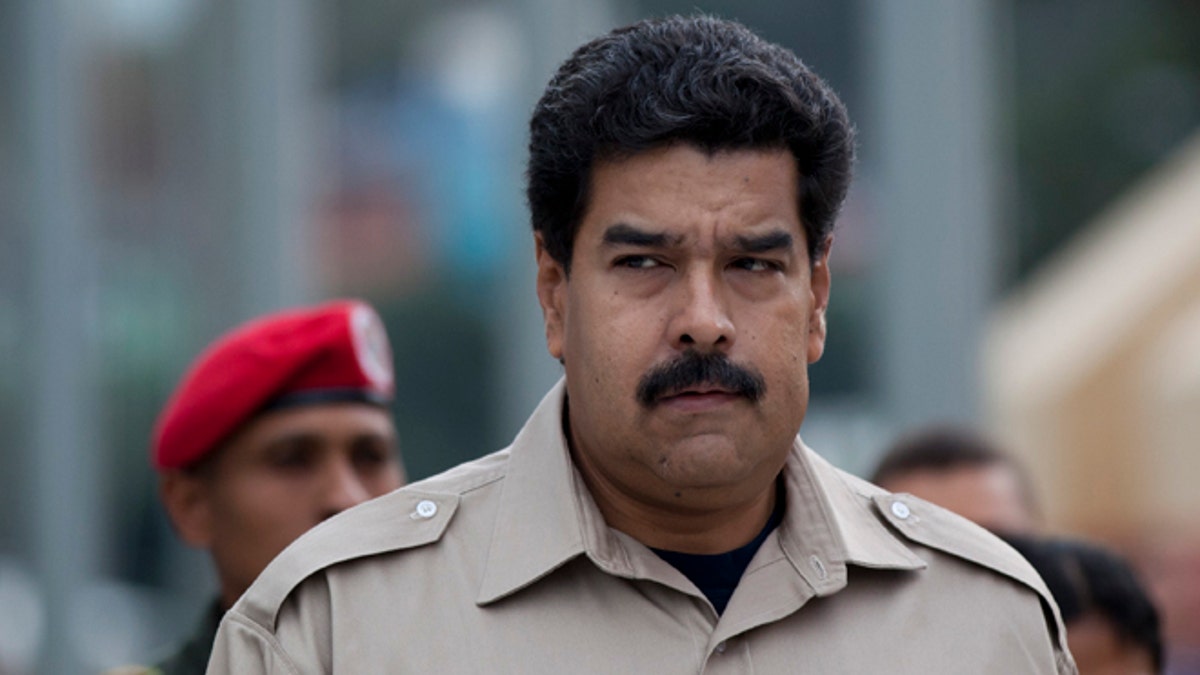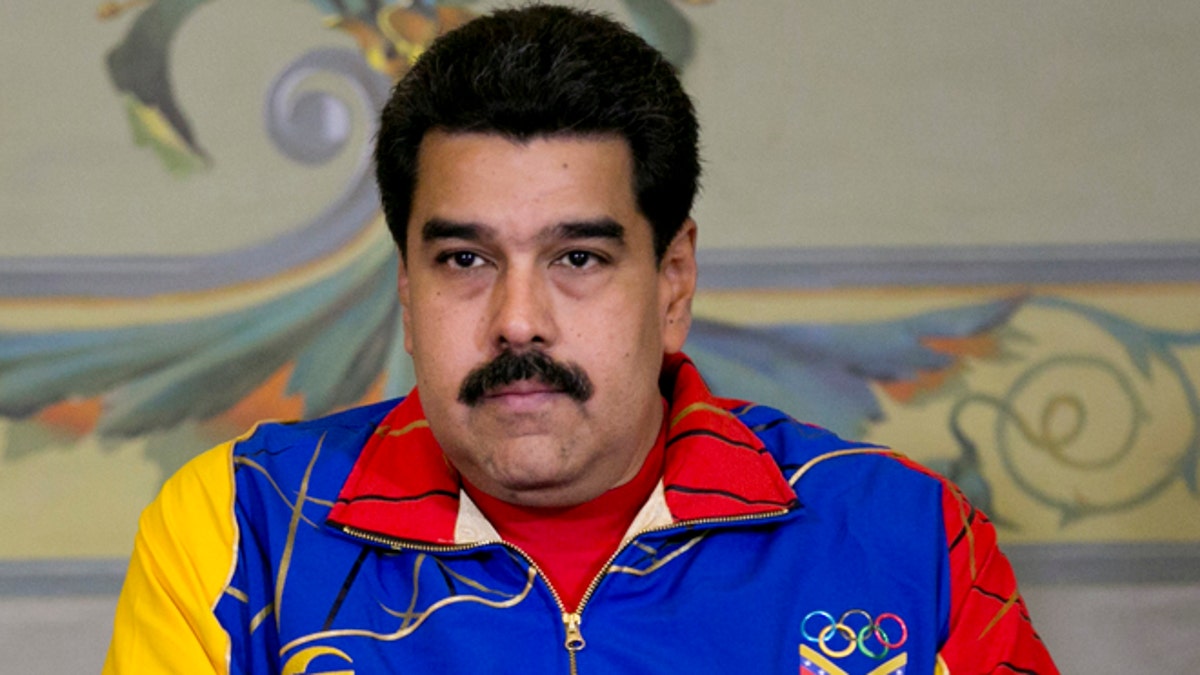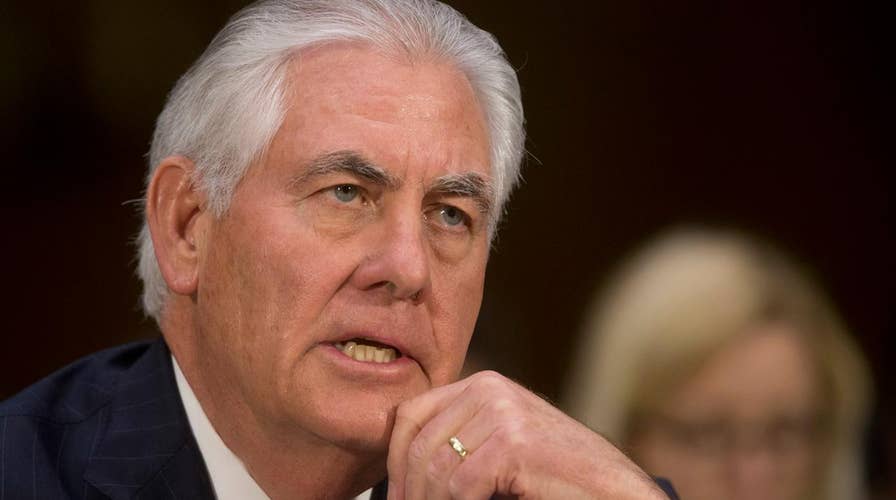Secy. of State nominee Tillerson gains support ahead of vote
Senate to vote on Trump Cabinet picks
In 2007 the late Venezuelan leader Hugo Chavez gave foreign oil companies operating in his country an ultimatum - either hand over a bigger share of their profits to the Bolivarian Republic or risk having their assets nationalized.
While most of the companies agreed to Chavez’s demands, there was one company that didn’t: ExxonMobil.
The refusal to give into Chavez’s dictate saw ExxonMobil – headed at the time by then-CEO Rex Tillerson – lose an estimated $10 billion in properties throughout the South American nation and set up a contentious relationship between Venezuela and the global oil giant.
In what some see as an ironic twist of fate, Tillerson is now poised to become the United States’ next secretary of state and will play a crucial role in shaping the Trump administration’s policies in regards to the already turbulent relations between Washington and Caracas.
I think we are in full agreement as to the calamity that has befallen Venezuela, largely a product of its incompetent and dysfunctional government-first under Hugo Chavez, and now under his designated successor, Nicolas Maduro.
Despite reportedly taking Venezuela’s expropriation of ExxonMobil’s assets as a personal affront, it appears that – at least in his statements made to the Senate – Tillerson is not out to get even with Venezuela.

President Nicolas Maduro has overseen a steep decline in Venezuela's economy. (Associated Press)
In answers to a questionnaire sent to Democratic senators – and leaked to the analysis website Latin America Goes Global – Tillerson’s positions on Venezuela don’t seem to differ much from those under President Obama. Tillerson is critical of Venezuelan President Nicolas Maduro's economic and human rights policies, and strongly advocates working with regional powers toward a solution to the ongoing political crisis.
“I think we are in full agreement as to the calamity that has befallen Venezuela, largely a product of its incompetent and dysfunctional government-first under Hugo Chavez, and now under his designated successor, Nicolas Maduro,” Tillerson wrote. “I would urge close cooperation with our friends in the hemisphere, particularly Venezuela’s neighbors, Brazil and Colombia, as well as multilateral bodies such as the [Organization of American States], to seek a negotiated transition to democratic rule in Venezuela.”
Tillerson’s careful wording and call for regional cooperation may not be what some members of the Maduro opposition were hoping to hear from Trump’s nominee, especially given his battles with country during his time as the head of ExxonMobil.

Venezuela's President Nicolas Maduro sits quietly during a ceremony for the athletes heading to the Toronto Pan American games, at Miraflores Presidential Palace in Caracas, Venezuela, Tuesday, June 16, 2015. (The Associated Press)
After the expropriation, Tillerson took Venezuela to international arbitration court and demanded his company be paid based on the $10 billion market value of the company assets in the country, not the $1 billion “book value” that Chavez was offering. The court, however, sided with Venezuela and in 2014 Exxon settled for $1.6 billion.
“There are a lot of Venezuelan hardliners who are hoping that Tillerson will take a hardline approach,” Chris Sabatini, the editor of Latin America Goes Global and an adjunct professor at Columbia University's School of International and Public Affairs, told Fox News. “In his answer, he’s showing a fair and balanced approach to Venezuela.”
But on close reading of his words, Tillerson does voice one major difference with Obama’s polices toward Venezuela - a call for “transition to democracy.”
Despite the Obama administration’s widespread criticism of the Maduro regime and open support of opposition leaders, it never called into question the country’s status as a democracy. Tillerson did, and it was likely based on the authoritarian tactics of Maduro.
“Tillerson did declare it a non-democracy, but that will not be something that too many people will dispute,” Sabatini said.
Since global oil prices plunged in 2015, Venezuela hasn’t had the funds to import basic goods such as food and medicine, creating acute shortages and stirring anger toward Maduro.
Adding to the overall misery are a drastic rise in violent crime, especially in the capital city of Caracas, rolling blackouts and widespread and often times bloody protests against the government. There have been casualties and deaths on both sides of the protests and accusations from the international community of human rights abuses and political oppression.
“The pressure that Venezuelans face every day is tremendous because of all the uncertainty,” Sonia Schott, the former Washington, D.C., correspondent for Venezuelan news network Globovisión, told Fox News. “Nobody knows what will happen the next day.”
With Sen. Marco Rubio, R-Fla., voicing his support for Tillerson on Monday, it appears all but set in stone that the former ExxonMobil boss will be the next head of the State Department.
“I don’t know if Tillerson will personalize his relationship with Venezuela or implement an institutional policy,” Venezuelan analyst Luis Salamanca told Fox News.com, adding that the U.S. has nothing to lose. “Today the United States needs little from Venezuela, unlike Venezuela, which needs the cash payments of the oil it sells to the U.S.”












































